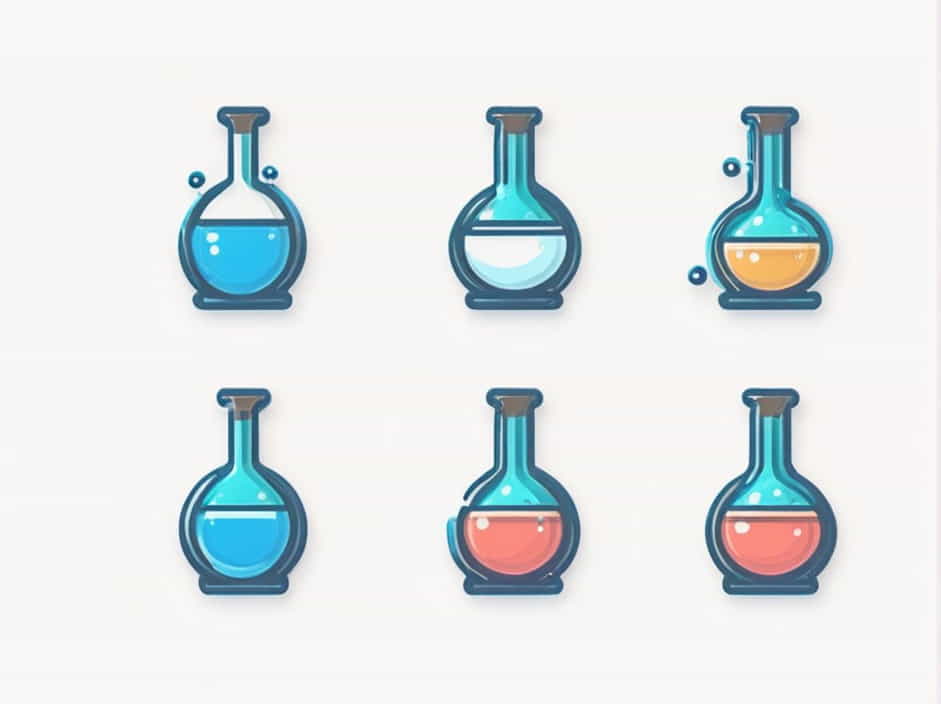Vacuum distillation is an essential technique used to purify liquids that have high boiling points or decompose at standard atmospheric pressure. This method is widely used in chemical processing, petroleum refining, and pharmaceutical industries to separate and purify heat-sensitive compounds efficiently.
By reducing the pressure inside the distillation system, vacuum distillation allows liquids to boil at lower temperatures, preventing thermal degradation and improving the efficiency of separation. This topic explores how vacuum distillation works, why it is necessary, and its various applications across industries.
What Is Vacuum Distillation?
Vacuum distillation is a distillation process performed under reduced pressure. Lowering the pressure reduces the boiling point of substances, allowing separation and purification without exposing the liquid to excessively high temperatures.
How Vacuum Distillation Works
- Pressure Reduction – A vacuum pump removes air, lowering the pressure inside the system.
- Lowered Boiling Point – The liquid reaches its boiling point at a much lower temperature than under normal atmospheric conditions.
- Separation of Components – The vaporized component is collected and condensed, leaving behind impurities or heavier fractions.
This method is particularly useful for substances that are sensitive to heat or those that decompose before reaching their boiling point under normal conditions.
Why Is Vacuum Distillation Used?
Vacuum distillation is specifically used for liquids that cannot be distilled under normal pressure due to:
- High boiling points – Some compounds require extreme heat to evaporate, making vacuum distillation necessary.
- Thermal decomposition risk – Heat-sensitive substances break down when exposed to high temperatures.
- Oxidation issues – Certain liquids react with oxygen when heated, requiring a vacuum environment to prevent degradation.
Liquids That Require Vacuum Distillation
1. High Boiling Point Organic Compounds
Many organic chemicals and solvents have boiling points too high for normal distillation. Vacuum distillation allows their purification without excessive heating, preserving their chemical integrity.
2. Petroleum Fractions
The petroleum industry uses vacuum distillation to separate heavier fractions of crude oil, such as:
- Lubricating oils
- Diesel fuel
- Asphalt components
Since these fractions have very high boiling points, vacuum distillation makes separation more efficient and prevents thermal cracking of hydrocarbons.
3. Pharmaceutical Compounds
Many pharmaceutical drugs and active ingredients degrade at high temperatures. Vacuum distillation ensures pure and stable formulations for medicines.
4. Heat-Sensitive Essential Oils
Essential oils, such as those extracted from plants and herbs, require vacuum distillation to preserve their aromatic and medicinal properties. High temperatures can cause essential oils to lose their fragrance and break down chemically.
5. Food and Beverage Ingredients
Certain food-grade substances, such as flavors, colorants, and extracts, need vacuum distillation to prevent burning or unwanted reactions.
6. High-Purity Chemical Reagents
Industries that require ultra-pure chemicals, such as electronics manufacturing, use vacuum distillation to eliminate contaminants from chemical reagents.
Advantages of Vacuum Distillation
1. Prevents Thermal Decomposition
Vacuum distillation lowers the boiling point of substances, reducing the risk of heat damage. This is especially useful for compounds that decompose before reaching their boiling point under normal pressure.
2. Saves Energy
Since vacuum distillation requires less heat to boil liquids, it is more energy-efficient than conventional distillation methods.
3. Reduces Oxidation
Removing air from the system minimizes oxidation reactions, which is beneficial for oxygen-sensitive substances such as oils, pharmaceuticals, and bioactive compounds.
4. Improves Product Purity
Vacuum distillation provides greater separation efficiency, ensuring the collection of high-purity fractions without contamination.
5. Enables Processing of High-Boiling Liquids
Some substances have boiling points that exceed 300°C to 400°C. Normal distillation is impractical for these materials, making vacuum distillation the only viable option.
Types of Vacuum Distillation Systems
1. Batch Vacuum Distillation
Used for small-scale laboratory processes and specialty chemical production, batch distillation allows for precise control over temperature and pressure.
2. Continuous Vacuum Distillation
Commonly used in large-scale industrial applications, this method processes materials continuously, improving efficiency and reducing costs.
3. Molecular Distillation
A specialized form of vacuum distillation used for high-purity separations, molecular distillation is ideal for heat-sensitive compounds like vitamins, fatty acids, and pharmaceuticals.
Applications of Vacuum Distillation
1. Petroleum Refining
Vacuum distillation is a critical part of the crude oil refining process, separating heavier fractions that would otherwise require extremely high temperatures.
2. Pharmaceutical and Biotechnology Industries
Many pharmaceutical processes use vacuum distillation to remove solvents, purify drug ingredients, and produce high-quality medical formulations.
3. Essential Oil Production
Natural plant extracts such as lavender oil, peppermint oil, and citrus extracts are purified through vacuum distillation to maintain their aroma and therapeutic properties.
4. Chemical Manufacturing
Vacuum distillation is essential for producing high-purity industrial chemicals, including polymers, resins, and specialty solvents.
5. Food Processing
The food industry uses vacuum distillation for flavor extraction, concentration of fruit juices, and alcohol distillation. This method ensures that the final product retains its taste and nutritional value.
Challenges of Vacuum Distillation
1. High Equipment Cost
Vacuum distillation requires specialized equipment such as vacuum pumps, condensers, and high-precision temperature controls. These components make the system more expensive than traditional distillation units.
2. Complex Operation
Operating a vacuum distillation system requires careful monitoring of pressure, temperature, and vacuum levels to ensure optimal performance.
3. Maintenance Requirements
Vacuum pumps and sealing systems require regular maintenance to prevent leaks and maintain low-pressure conditions.
Vacuum distillation is an essential purification technique for liquids with high boiling points, heat sensitivity, or oxidation risks. By reducing pressure, this method allows separation at lower temperatures, preventing thermal degradation and ensuring high-purity products.
Industries such as petroleum refining, pharmaceuticals, essential oil production, and food processing rely on vacuum distillation to produce high-quality, uncontaminated substances. Despite its high equipment cost and operational complexity, the benefits of energy efficiency, improved purity, and reduced oxidation make vacuum distillation the preferred method for many applications.
